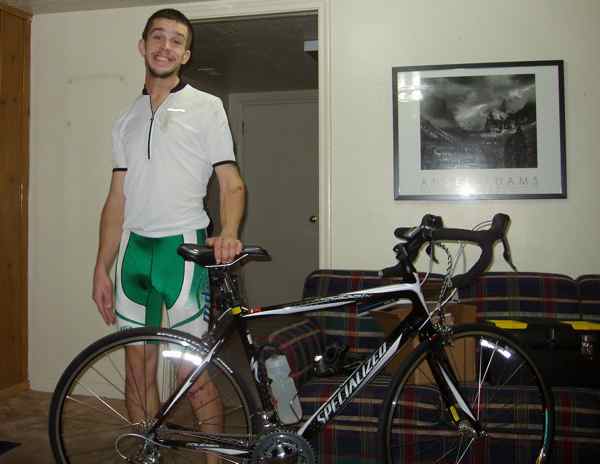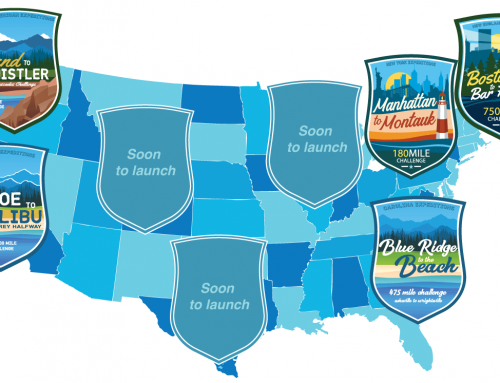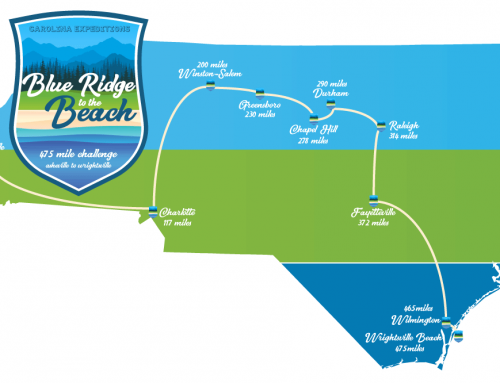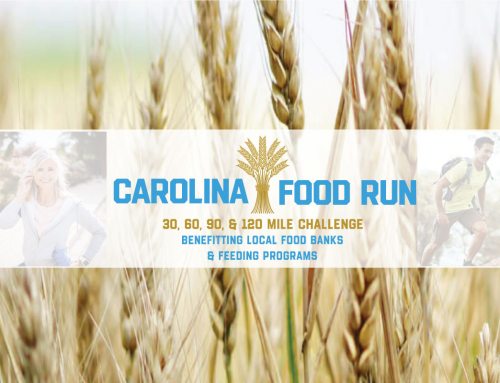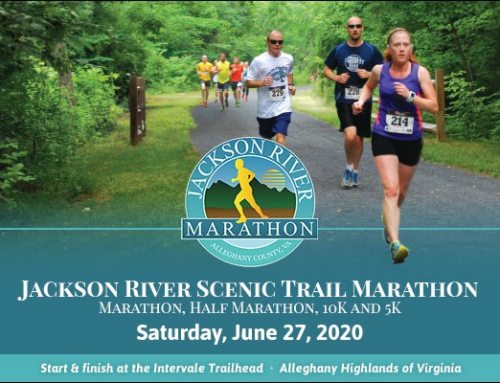By Jennifer Kirby
Knowing that others see him as an inspiration feels “very, very strange” to Bradley Hintze.
“From my perspective I am just living my life, going to school, doing research, riding my bike, doing things I enjoy – just enjoying life, like I am sure most people do,” he says. “I’m a little bit different in that I have physical disabilities … but I don’t see it as a big hindrance.”
Hintze was born with cerebral palsy, a disorder caused by injury or abnormal development in the brain, but for the first half of his life, its effects were relatively mild. His fine motor coordination wasn’t great; he couldn’t handle small things, or write, which presented obvious challenges at school. But he could talk normally; he could hold his head up.
Things changed when, in his early teens, he developed cervical dystonia, a condition that made his speech and balance much worse. “That was so difficult: to live life for 15 years, have a little bit of impediment but not much, and then this comes,” he says.
“One day I said, ‘All right, I can’t do anything about this, so I’m not going to worry about it.’ And I didn’t,” he recalls. “I think going through that has really helped me to differentiate between the things I can control and the things I can’t.”
After graduating from high school, Hintze worked for a couple of years with his father, a builder. But when his father shifted his focus from new construction to handyman-type jobs, there were fewer ways for Hintze to help him. For the first time, Hintze seriously considered college, which he’d assumed was too expensive, too difficult to handle with a disability, and only for “really, really smart people.”
He enrolled at Utah State and found that his fears were unfounded. “I could do it,” he says. “There were resources available for people with disabilities and it wasn’t that hard.” He soon discovered an untapped aptitude and passion for biochemistry.
He also discovered biking. He had become good friends with one of his math professors, Bryan Bornholdt, a biking enthusiast. In 2006 the two volunteered at a feed station for LOTOJA, which, covering 206 miles (from Logan, Utah, to Jackson Hole, Wyo.), is the nation’s longest single-day USA Cycling-sanctioned race.
“While we were there handing out food, we saw a few tandem riders,” Hintze says. He knew Bornholdt, who had completed LOTOJA four times at that point, owned a tandem bike. “I turned to him and I said, ‘Hey, we should do this tandem next year.’ He got this big smile on his face. He’s like, ‘Really?’ And I said, ‘Sure, why not?’ He said, ‘OK, let’s do it.’”
A month later Hintze bought his first road bike and started training. He and Bornholdt completed LOTOJA in 2007.
His passion for biochemistry hasn’t wavered – he’s now pursuing his doctorate at Duke University – and neither has his love of cycling. A self-described cold-weather wuss, he rides his unmodified bike “a lot” eight months of the year. Even in the winter, he usually bikes his short commute to campus.
With spring in full force, Hintze will soon start training for Ride Without Limits, an annual two-day cycling event benefiting United Cerebral Palsy. He’s raised about $4,000 for the event over the past two years, but due to forces beyond his control – first Hurricane Irene, then a research trip to London – hasn’t completed the ride. With any luck, the third time will be the charm.
This year’s Ride Without Limits will be held Oct. 5 and 6 in Little Washington, N.C. For the first time, Hintze will be training and racing as part of a team. He hopes to finish a century ride both days. “With a team – not only the moral support but also the drafting and taking turns up front – and now that it’s in Washington, where it’s flat, I think it’s doable,” he says.
Team Tatem is riding in honor of a 12-year-old girl with cerebral palsy. Tatem’s grandfather is the team captain.
“That’s why I enjoy doing this, especially for kids with disabilities. I’ve been there. I know that they have needs that are very specific and that many needs are hard to meet,” Hintze says. “So helping out with United Cerebral Palsy, who specializes in helping those children – and adults – with disabilities, if I can help that cause, I’m all for it.”
SIDEBAR
For more information and to donate, please visit bit.ly/bradleyrwl.
# # #
Jennifer Kirby is a writer and copy editor who lives, works and runs in Aberdeen, N.C. Contact her at jennkirby@alumni.unc.edu or www.jenniferdarekirby.com.


